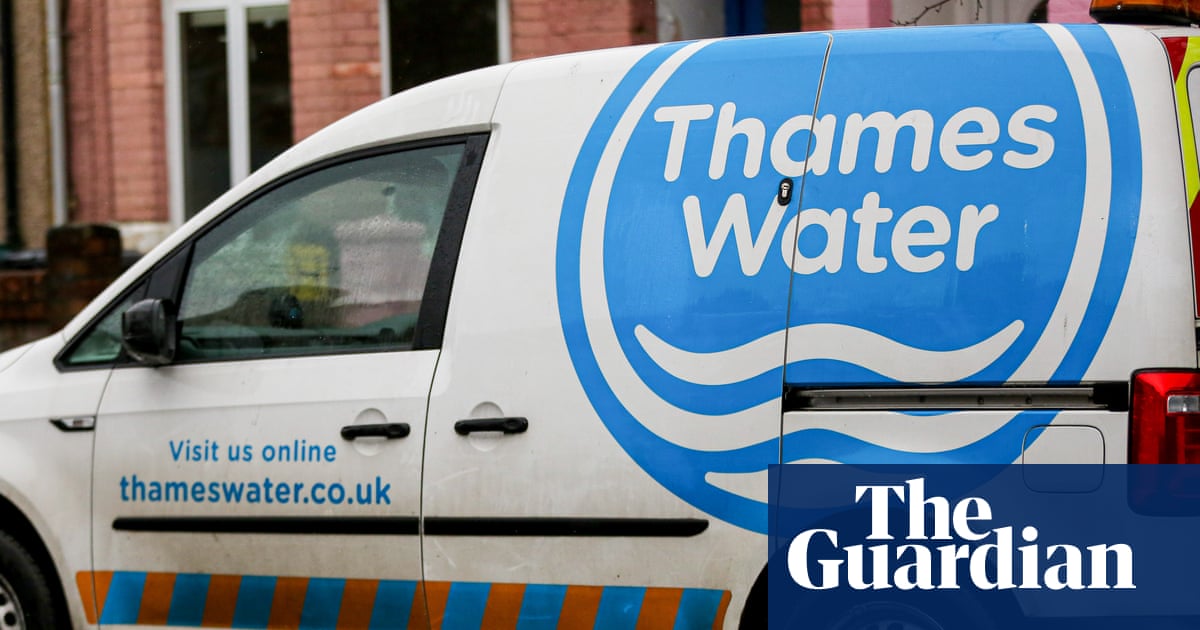
The UK’s low-carbon and renewable energy economy has failed to grow since 2014, according to official data showing a fall in the number of green jobs.
In a blow to the government’s pledge to boost net-zero employment opportunities, the Office for National Statistics said its latest figures, covering 2020, showed “no significant change” in turnover and job numbers in the sector compared with six years earlier.
Employment in the low-carbon and renewable energy economy – which includes manufacturing, energy supply and construction – fell by about 28,000 across the UK over the period, to just 207,800. Among the steepest declines were in factories producing energy-efficient products, onshore wind, and solar energy.
Trade unions raised questions over the government’s plan to boost Britain’s low-carbon economy after years of limited progress. Frances O’Grady, the TUC general secretary, said the UK had an opportunity to be a pioneer on the path to net zero. “But we will miss out on these opportunities if ministers do not step up public investment and action. And we could see existing jobs lost to other countries who modernise their industry faster,” she added.
Although the latest snapshot includes the first year of the coronavirus pandemic – when the British economy plunged into the deepest recession for 100 years – the figures show that in 2019, before the health emergency struck, green business turnover also fell compared with a year earlier.
According to the latest data, the sector with the largest growth in jobs was in low-emission vehicles and infrastructure, where employment more than doubled to 19,100. However, this was not enough to offset bigger falls elsewhere, including a decline of more than a quarter, or 32,000, in the number of jobs in energy-efficient product manufacturing.
The number of green businesses operating in the UK fell by 13% over the six-year period, while the combined turnover for the low-carbon economy fell by almost 6% to £41.2bn.
The ONS said the fall in turnover was largely driven by the energy-efficient products and low-emissions vehicles sectors. The majority of businesses in the low-carbon and renewable energy sectors are in manufacturing and construction, both of which suffered a downturn in 2020. However, it said employment should have been less affected than turnover because the figures included staff on furlough.
While green sectors including offshore wind have recorded substantial growth in recent years, with a sharp rise in renewable energy production, critics argue that much of the activity has been driven by foreign companies, with a reliance on the UK importing turbine blades and components manufactured abroad.
Boris Johnson announced an ambition in late 2020 to create 250,000 green jobs across the country through a 10-point plan, as part of a wider government drive to hit net zero and embed a green recovery from the coronavirus pandemic.
Ministers are seeking to encourage the growth of green jobs in sectors such as offshore wind, including through the creation of freeports in an attempt to boost investment and jobs in the low-carbon economy.
However, experts and campaigners have warned the government’s net zero plans lack the required ambition and are not backed up with adequate funding from the Treasury, instead relying on the private sector.










